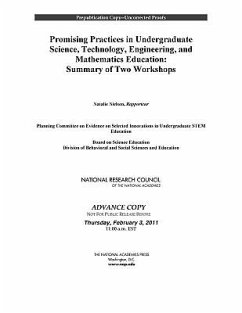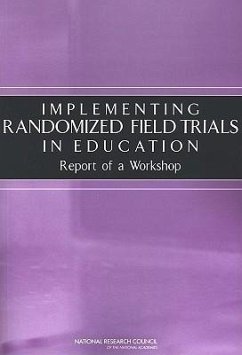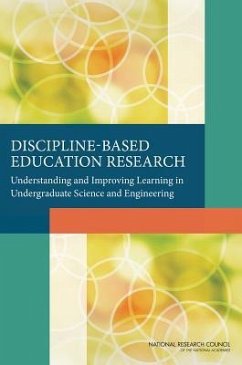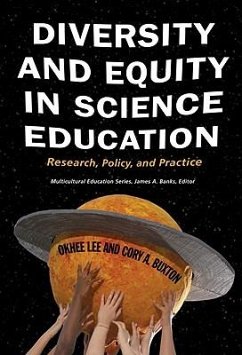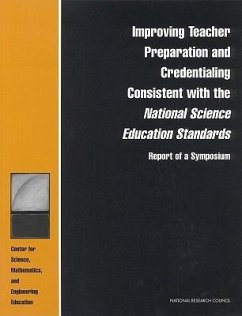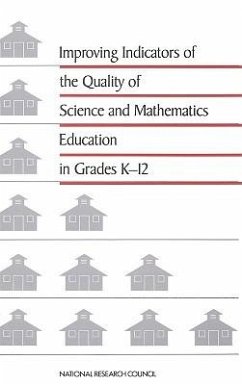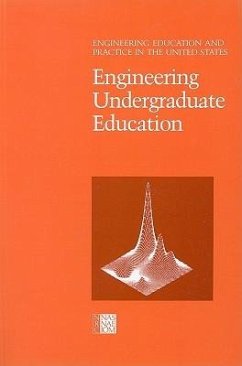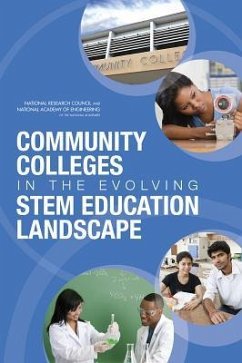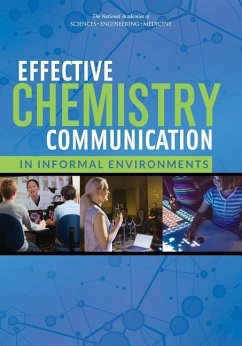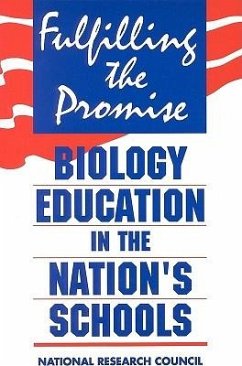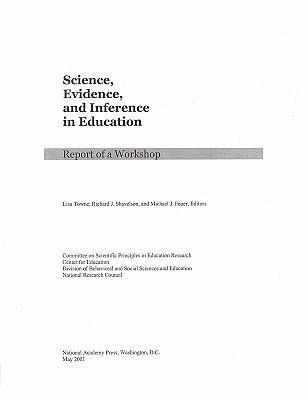
Science, Evidence, and Inference in Education
Report of a Workshop
Herausgeber: Feuer, Michael J; Towne, Lisa; Shavelson, Richard J
Versandkostenfrei!
Versandfertig in über 4 Wochen
20,99 €
inkl. MwSt.

PAYBACK Punkte
10 °P sammeln!
Research on education has come into the political spotlight as the demand grows for reliable and credible information for the guidance of policy and practice in the education reform environment. Many debates among the education research community feature questions concerning the nature of evidence and these questions have also appeared in broader policy and practice arenas. Inquiry has generally, over the past years, created bodies of scientific knowledge that have profound implications for education. Dramatic advances in understanding how people learn, how young children acquire early reading...
Research on education has come into the political spotlight as the demand grows for reliable and credible information for the guidance of policy and practice in the education reform environment. Many debates among the education research community feature questions concerning the nature of evidence and these questions have also appeared in broader policy and practice arenas. Inquiry has generally, over the past years, created bodies of scientific knowledge that have profound implications for education. Dramatic advances in understanding how people learn, how young children acquire early reading skills, and how to design and evaluate educational and psychological measurements is a good example of this. However, the highly contextualized nature of education and the wide range of disciplinary perspectives that rely on it have made the identification of reducible, generalizable principles difficult and slow to achieve. Due to this, the U.S. Department of Education's National Educational Research Policy and Priorities Board (NERPPB) has asked the NRC to establish a study committee to consider the scientific underpinnings of research in education. The committee consists of members with expertise in statistics, psychology, sociology, anthropology, philosophy of science, history of education, economics, chemistry, biology, and education practice. The committee worked with the three questions in mind: What are the principles of scientific quality in education research?, How can research-based knowledge in education cumulate?, and How can a federal research agency promote and protect scientific quality in the education research it supports?. A workshop was held on March 7-8, 2001 that was organized into three main sessions: Supporting Scientific Quality at the Federal level, The Interface of Research and Practice in Education, and Evidence and Inference. Science, Evidence, and Inference in Education: Report of a Workshop summarizes this workshop through these three ideas. The report also includes what the committee plans to do next, the workshop agenda, and information on the workshop's participants and speakers.



